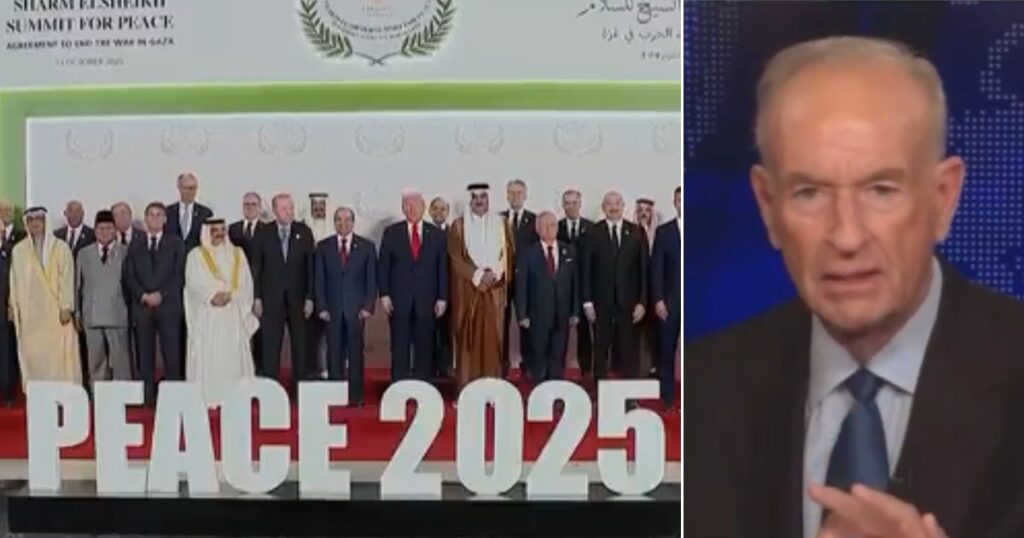The Lawfare Persists: Decorated Army Colonel Faces Criminal Charges in Arkansas for “Electioneering” After Conducting an Exit Poll
In a striking development that underscores the ongoing legal battles surrounding election integrity in the United States, Colonel Conrad Reynolds, a decorated Army veteran, is facing criminal charges in Arkansas. This comes amid a renewed focus on the integrity of elections, particularly following the contentious 2020 Presidential Election. The situation highlights how lawfare tactics are being employed even in typically conservative strongholds, as activists push for more transparent voting methods.
A Background of Controversy
The 2020 Presidential Election left a deep scar on American politics, with allegations of electoral fraud and misconduct swirling around the events leading up to and following the election. In states like Georgia, high-profile figures, including former President Donald Trump, faced numerous legal challenges. Trump was embroiled in a racketeering charge until a presiding judge intervened. Meanwhile, former Mesa County Clerk Tina Peters was sentenced to nine years in prison for her actions to preserve election records, while others saw their criminal cases dismissed due to procedural errors.
Colonel Reynolds and the Push for Paper Ballots
In Arkansas, Colonel Reynolds has emerged as a key figure in the movement advocating for hand-marked, hand-counted paper ballots. His initiative gained traction in Searcy County, which became the first county in the state to implement this method, aligning with a growing sentiment among voters who are concerned about the reliability of electronic voting machines.
However, after a successful implementation in the 2024 General Election, Reynolds found himself under scrutiny. Independence County was set to follow Searcy County’s lead, indicating a significant shift in how elections could be conducted in the state.
The Allegations of Electioneering
According to reports, Reynolds and another activist were accused of “electioneering” after conducting an exit poll within 29 feet of a polling place, a violation of Arkansas law that prohibits soliciting votes or discussing issues within 100 feet of such locations. The Arkansas Attorney General’s Office has moved to charge him with this violation, citing the state’s strict electioneering laws, which prohibit various forms of campaigning near polling places.
Critics argue that the application of these laws to exit polling is misguided. Former Arkansas Attorney General Mike Beebe stated that exit polling should not be classified as electioneering, as it does not involve the distribution of campaign literature or solicitation of votes.
Rallying Support
The charges against Reynolds have sparked outrage among his supporters and prominent figures within the Republican Party. Many view this as an instance of lawfare—a strategy used to intimidate and silence political opponents. Senator Mark Finchem and other GOP leaders have publicly criticized the charges, calling them an attack on a veteran who is advocating for election integrity.
Social media has become a battleground for this debate, with figures like Roger Stone and Kari Lake voicing their support for Reynolds and condemning the actions of Arkansas’s Attorney General Tim Griffin. Critics are demanding clarity on the legal definitions and the rationale behind the charges, suggesting that this is less about law and more about suppressing a movement for change.
The Broader Implications
As this case unfolds, it highlights the broader struggle over election integrity in America. With the GOP divided on how to handle election-related issues, the prosecution of Colonel Reynolds could set a precedent for how election advocacy is treated in the future. The tension between maintaining electoral integrity and enforcing election laws continues to escalate, raising serious questions about the balance of power and the rights of citizens to engage in political discourse.
In what appears to be a clear case of lawfare, supporters of Colonel Reynolds are rallying around him, calling for his exoneration and urging a reevaluation of how election laws are applied. As the situation develops, all eyes will be on Arkansas to see how this pivotal case unfolds and what it means for the future of election integrity in America.








